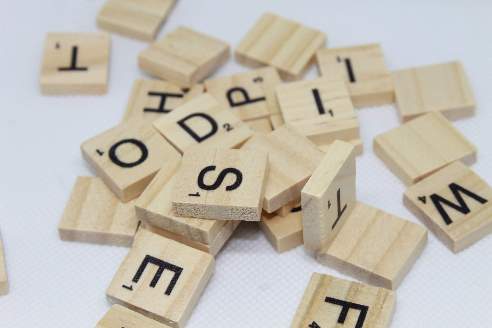Reading time: Less than 3 minutes
Do you ever feel too much writing pressure? Keep reading to learn how certain types of pressure can actually HELP your writing!
Maybe it’s aging, but I don’t usually like the idea of writing under a whole bunch of pressure.
When I was younger, however, pressure was the only thing that could persuade me to write. At university, I did an honours degree in political science and had to produce a thesis. It was a nightmare! I ultimately finished the 50-page monster for only two reasons: (1) my professor refused to give me any more extensions, and (2) I finished it by writing and editing for three days straight, no sleep. Once graduated into the newspaper business I was little better. It always took the threat of an imminent deadline to extract the words from my brain and fingertips.
But there’s good pressure and there’s bad pressure and I recently heard of an interesting case of the former, from my friend Philip Eckman.
Philip and I met in a psychology class many years ago and have kept in regular touch over the years, despite his move across the country. He has a magnificent voice (he performed in many musical theatre roles — and also sang at my wedding) and, now, among other things, he writes screenplays.
We were talking a few weeks ago and he told me about an “Arts Salon” he attended recently. Hosted by a writer/composer and a paleontologist, the event involved 14 mostly middle-aged people. As Philip described it, ” it was like a wine and cheese party, with a purpose.”
When the evening began, the group was divided up into teams of three or four people and each team was given a Scrabble board. Everyone was instructed to play but to keep it non-competitive — simply coming up with as many words as they could. At the end of the game everyone moved to a different Scrabble board and was allowed 15 minutes to write down the words on a board created by others.
Then they were all sent to various solitary corners of the house and given 30 minutes to produce a piece of art — any kind they liked — based on those words. Oh, and at the end of the evening they’d have to present the work to the entire group.
Says Philip: “‘I looked at the list and thought, ‘Oh my God, what am I going to do? ‘ I had to think really quickly. I didn’t go in there imagining I ‘d write a screenplay scene,” but he did. “It felt like I was thinking outside the box because of the time constraints. Because my time was limited, I couldn’t think or rethink or hem and haw. Some of the words I chose — view, aroma, whim, dark — were words that I felt in my gut.”
His screenplay scene focused on two men, who haven’t seen each other for years, and who meet in a grubby diner. While Philip found the writing a bit stressful because of the time limit, he found the presenting part terrifying. “There were 11 people presenting before me and I heard some really great stuff. Everyone seemed to write something that was very funny and they got lots of laughs but I knew my piece was serious so that had me worried.”
When he finished his presentation everyone in the room gasped and then groaned — he’d left them on a cliffhanger! “One of the hosts said, “Go back in the room and finish it,” and then everyone laughed. “They were excited and I was gratified,” Philip says.
Of the quality of his work, he says: “The scene ended up having cohesiveness to it even though I didn’t worry about it. I’d just started writing.”
Of what he learned from the whole experience he adds: “I normally tend to get caught up in the editing. I discovered how much fun it can be to let go and write quickly. I had to make really quick choices.”
Now that’s what I call good pressure. Is there any way you could apply some of that to your own writing life?


